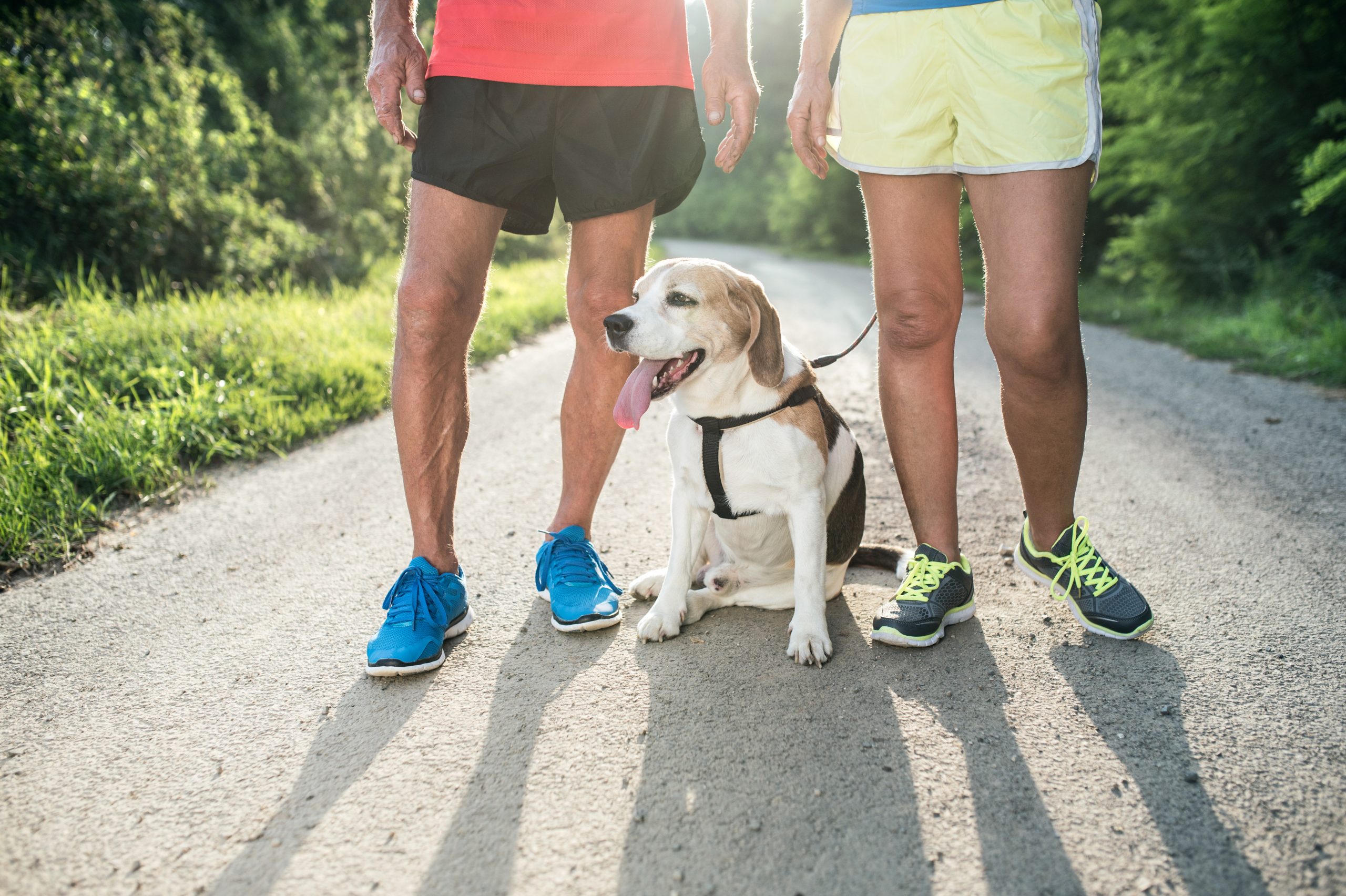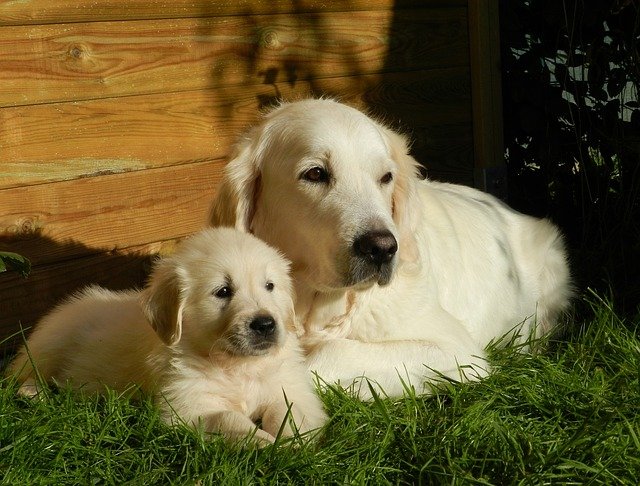Dog training is an essential part of owning a dog. It helps your furry friend understand what you expect from them and how they can behave appropriately in different situations. One of the most common issues that pet owners face when it comes to dog training is potty training. In this blog post, we will discuss some of the mistakes people make while potty training their dogs and how you can avoid them.
Common Mistakes People Make When Potty Training Their Dogs:
1. Not taking your puppy out frequently enough – Puppies have small bladders and need to go outside every hour or so. If you don’t take them out often enough, they may pee inside the house.
2. Punishing your dog for accidents – Your pup doesn’t know any better when they are young. Punishing them for having an accident will only make them afraid to go in front of you.

3. Not providing consistent feedback – You should always give your dog positive reinforcement when they do something right and negative feedback when they do something wrong. Consistent feedback will help them learn quickly.
4. Ignoring certain behaviors – Some behaviors like marking territory or submissive urination are normal but can become problematic if ignored. You should address these behaviors early on to prevent them from becoming habitual.
5. Giving up too soon – Dog training takes time and patience. Don’t give up too soon because your dog isn’t picking things up as fast as you expected. Keep at it, and you will see results.
The Best Way to Potty Train Your Puppy:
The best way to potty train your puppy is to establish a routine. Take your puppy out first thing in the morning, after meals, before bedtime, and every hour or two throughout the day. Reward your puppy when they go outside with praise or treats. Be patient and understanding, and remember that accidents happen. Clean up messes immediately to prevent your puppy from going back to the same spot.
Obedience Training for Your Dog:
Obedience training is crucial for teaching your dog basic commands such as sit, stay, come, and heel. These commands will help you control your dog in various situations and prevent bad behavior. Obedience training also strengthens the bond between you and your dog. Look for obedience classes in your area or hire a professional trainer to work with you and your dog.
How Many Days Per Week Should You Train Your Dog:
It depends on your schedule and lifestyle. Ideally, you should aim to train your dog for 10-15 minutes per day, five days a week. However, if you lead a busy life, even three short sessions per week can be beneficial. The key is consistency and regularity.
The Best Puppy Training Methods:
There are several methods for training puppies including clicker training, positive reinforcement training, and leash/collar training. Clicker training involves using a clicking sound to indicate when your dog has done something correct followed by a treat reward. Positive reinforcement training focuses on rewarding good behavior with treats, playtime, or affection. Leash/collar training uses a leash and collar to teach your dog boundaries and appropriate behavior. Choose a method that works best for you and your dog.
Indoor Puppy Training Tips:
If you live in an apartment or cannot take your puppy outside frequently due to weather conditions, indoor puppy training is necessary. Use a designated area such as a bathroom or laundry room to train your puppy. Place newspapers or puppy pads in the area to absorb accidents until your puppy learns where to go. Take your puppy out frequently and reward them when they go outside. Clean up messes promptly to prevent your puppy from returning to the same spot.
Stop Your Puppy From Chewing Things:
Chewing is a natural behavior for puppies, but it can be frustrating when they chew on your belongings. To stop your puppy from chewing things, provide them with plenty of chew toys and rotate them regularly. Supervise your puppy when they are awake, and redirect their attention away from inappropriate objects. Praise your puppy when they chew on their toys instead of household items.

